Today, the Supreme Court heard oral arguments in a pivotal abortion case that could decide the future of abortion access in this country. Since 2011, state and federal legislators have waged an unprecedented attack on safe, legal abortion, enacting more than 450 state laws that restrict abortion access. Twenty-five abortion bans have passed just in the past year and the Supreme Court case out of Louisiana would create unnecessary obstacles, drastically limiting the number of doctors who could perform the procedure, and by extension the number of people who can undergo it.
Abortion access is on the line. But this is not just an attack on women, this is also an attack on the rights of people like me. I am nonbinary and trans, and when I was 26, I found out I was pregnant.
At the time, I didn't know any other trans people who'd had an abortion, causing me to feel really alone. It was only when I started to share my experience within my trans community that I learned having an abortion as a trans person was not as uncommon as I thought.
The extremely gendered experience of being pregnant and having an abortion was difficult. The paperwork I had to fill out and the brochures I received were gendered -- even the ones meant to be empowering. There was no understanding of my identity, no box for me to check. When it came to my care, it was refreshing when some of the staff were respectful of my identity and pronouns. Others were less so, and one even used my deadname because she saw the wrong name on the medical chart, and not the note that had my actual name. It was an accident and she apologized when she realized, but it still hurt.
I knew being pregnant didn't make me a woman, but societal messaging around pregnancy is so gendered that being surrounded by it led me to experience some gender dysphoria. This messaging extends to conversations around abortion. Until I learned the experience was not uncommon, I found myself completely disconnecting from it in order to survive.
As a result, I needed to make sure other people like me didn't feel isolated, and for all people to recognize that nonbinary and trans people were also part of this fight to protect abortion access. That's why I decided to be a part of Planned Parenthood and We Testify's project, "Ours to Tell," a short film that showcases the abortion stories we very rarely see -- including abortion stories like mine. My freedom -- and everyone's freedom to plan our futures, including if and when to have children, -- is key to my success and self-fulfillment. It is not an exaggeration to say that my abortion saved my life. Conversley, implementing new guidelines that would aggressively curtail the number of doctors who can perform the procedure -- NPR reports that only one clinic and one abortion doctor in the state of Louisiana would qualify were the law allowed to go into effect -- would cost lives.
This freedom cannot, and should not, be afforded to only a privileged few.
While abortion is now legal, access to it and access to healthcare in general has always been out of reach for many LGBTQ+ people due to medical bias and discrimination. I've experienced this firsthand.
Time and time again, I have found myself giving my own doctors a trans 101 lesson. Health providers constantly misgender me during vulnerable treatments and exams. I've been too afraid to share my symptoms with doctors for fear their transphobia would negatively impact my care. I've had providers refer to sex that I was having as heterosexual because I have a vagina and my partner at the time had a penis, invalidating both of our genders since neither of us was male. If access to abortion is curtailed, those who identify as LGBTQ+ will be among the first shut out, particularly in this political climate. All abortion restrictions disproportionately impact people of color, so LGBTQ+ people of color will be particularly vulnerable.
The Trump-Pence administration has been systematically stripping LGBTQ+ people of their right to healthcare over the last few years by trying to roll back non-discrimination protection in the Affordable Care Act and issuing a far-reaching Department of Health and Human Services rule that would allow healthcare workers to deny patients' access to care and information based on their personal beliefs. In this scenario, a transgender person could be turned away while seeking emergency care. This is unconscionable.
LGBTQ+ rights and reproductive rights are both rooted in the conviction that we control our own bodies; we decide what our families look like; and we should make our own healthcare decisions. As we continue to fight to protect the access to abortion most privileged cis women have, we must also fight to expand access for everyone. I want trans people to know that being pregnant -- or needing or wanting an abortion -- doesn't invalidate your gender. Being pregnant doesn't make you a woman; having an abortion doesn't make you a woman.
As we continue this fight and await the decision of the Supreme Court, I urge you not to forget about folks like me and the many other people -- not just women -- for whom abortion has either been a lifeline or remains entirely out of reach. Fight for all of us.




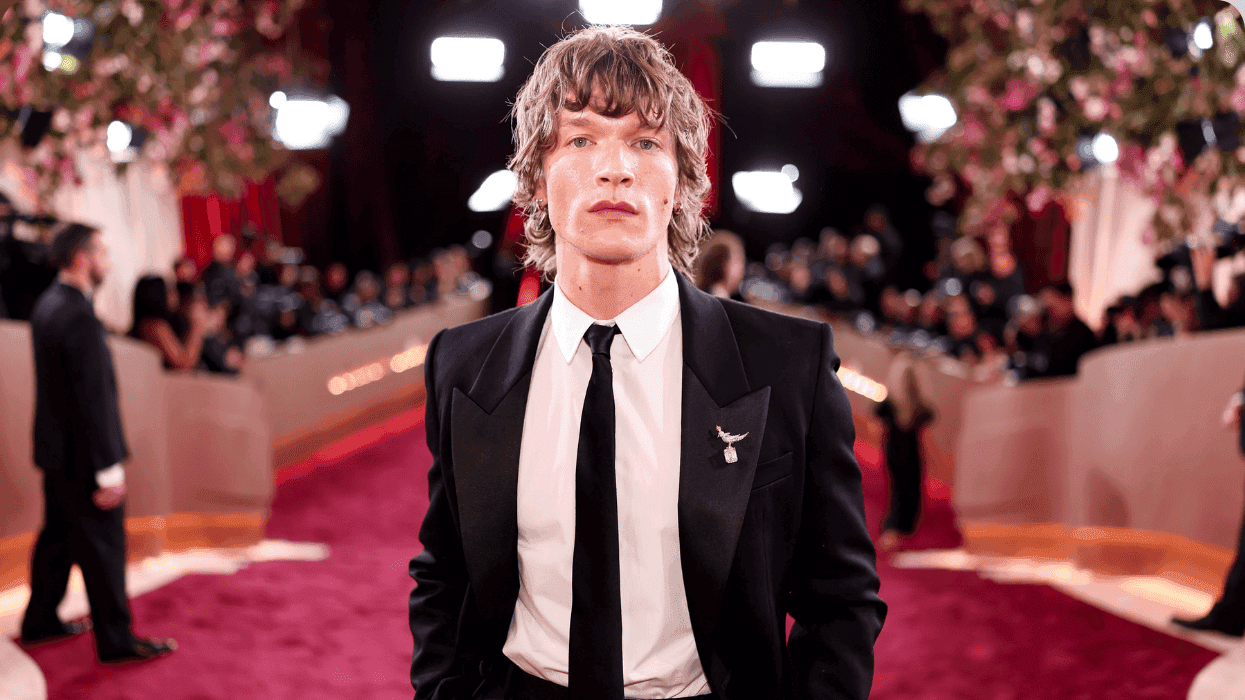



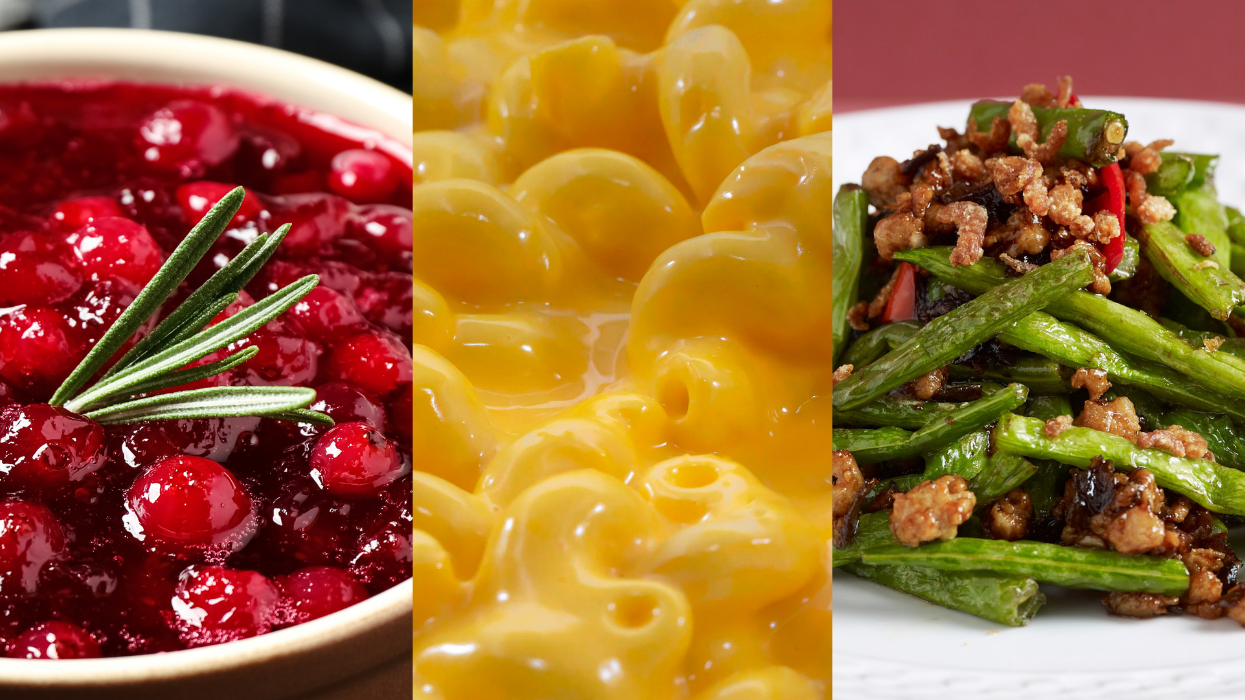

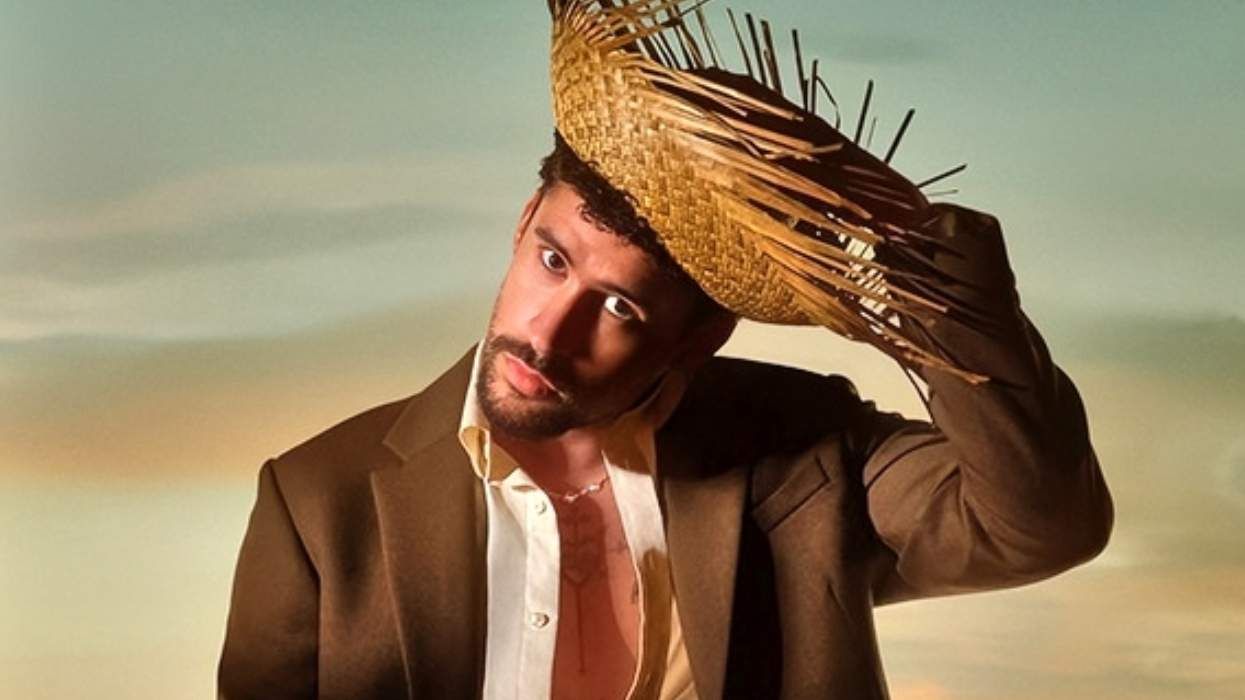
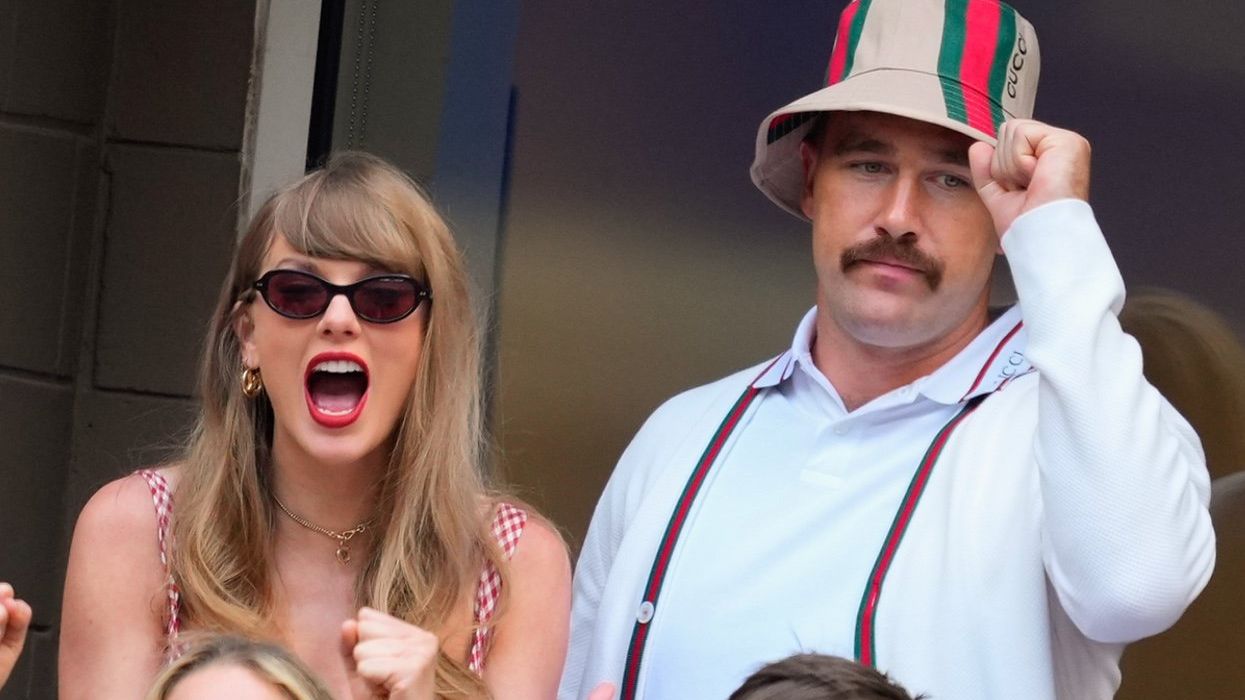

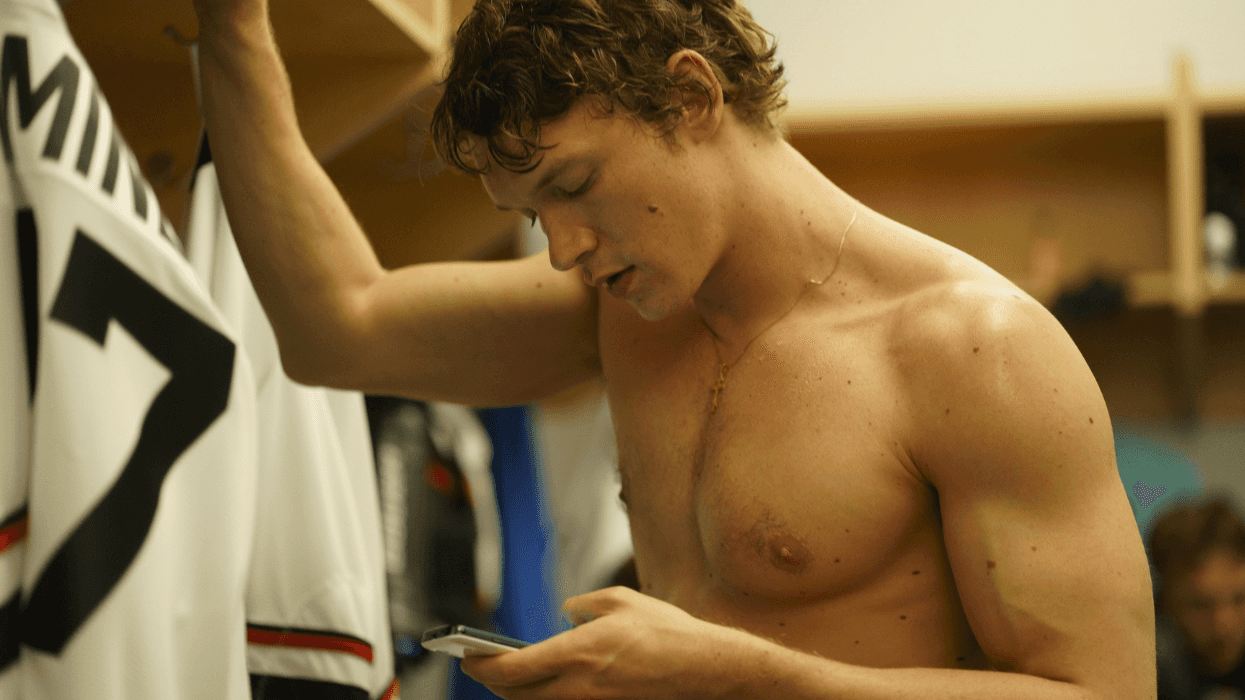
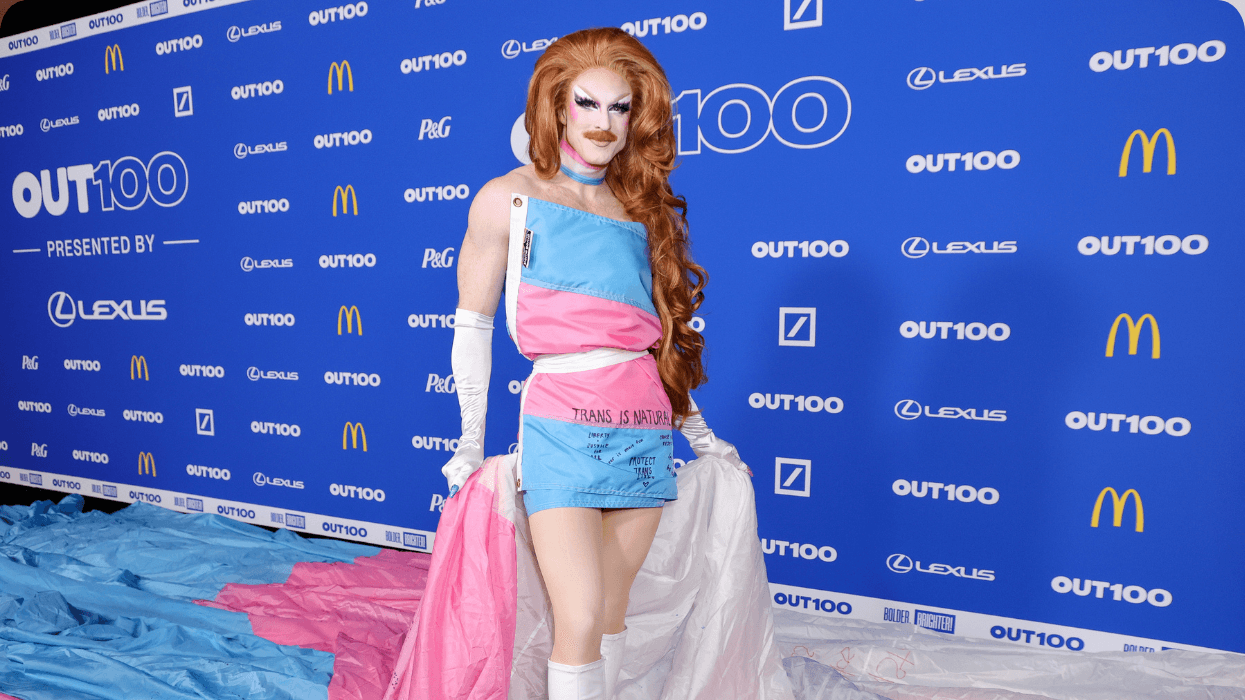



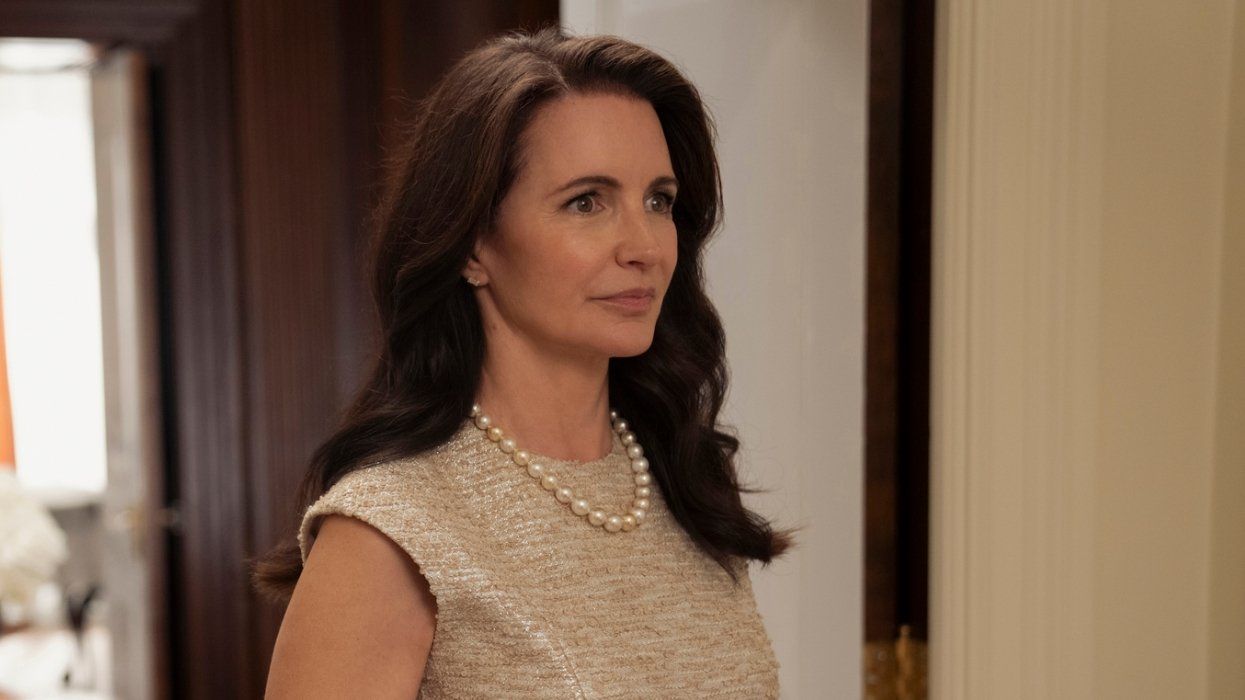
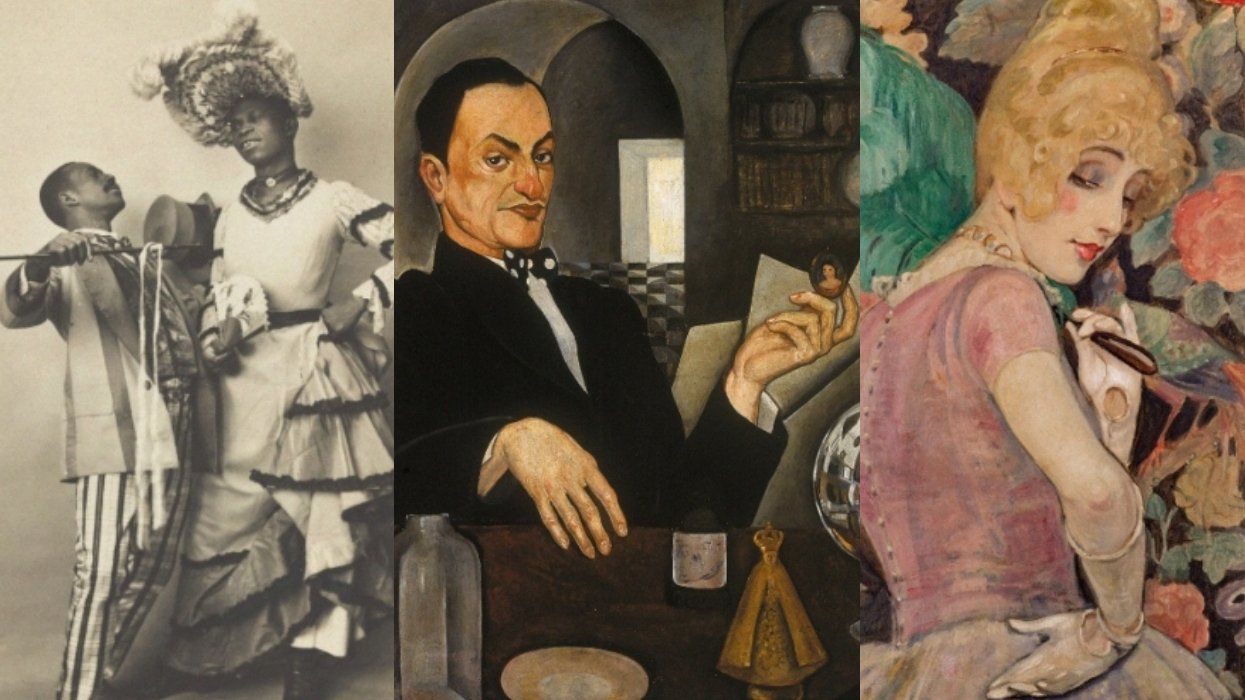


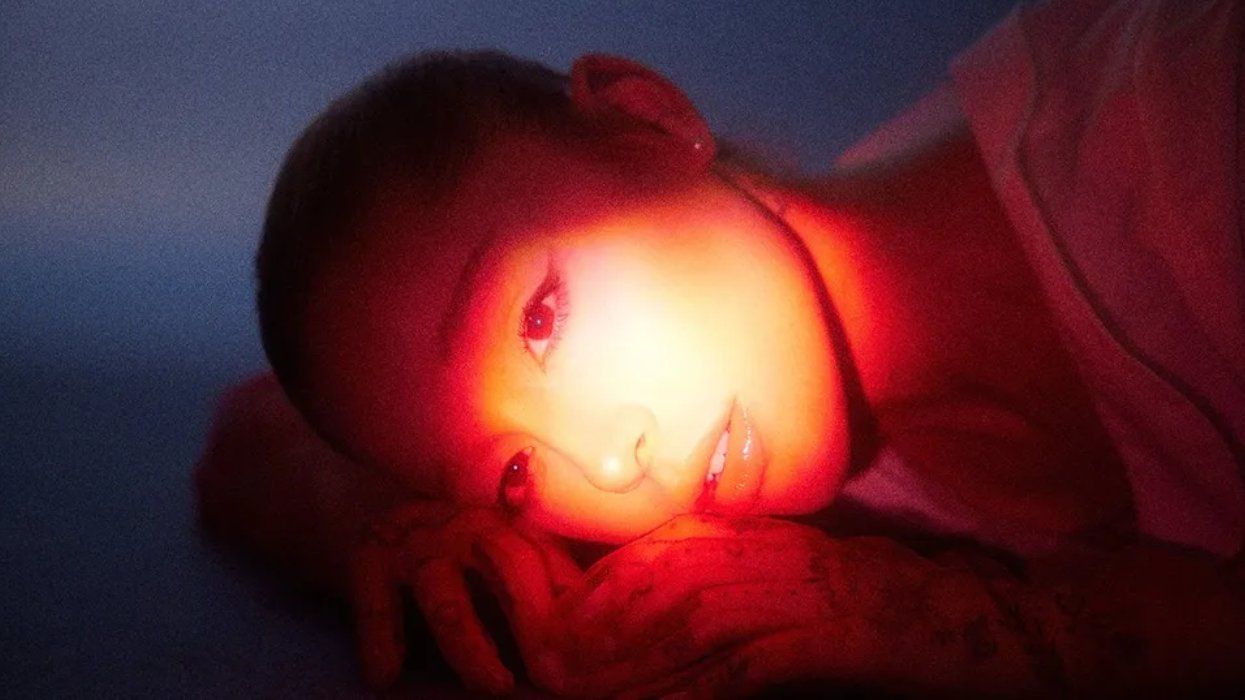
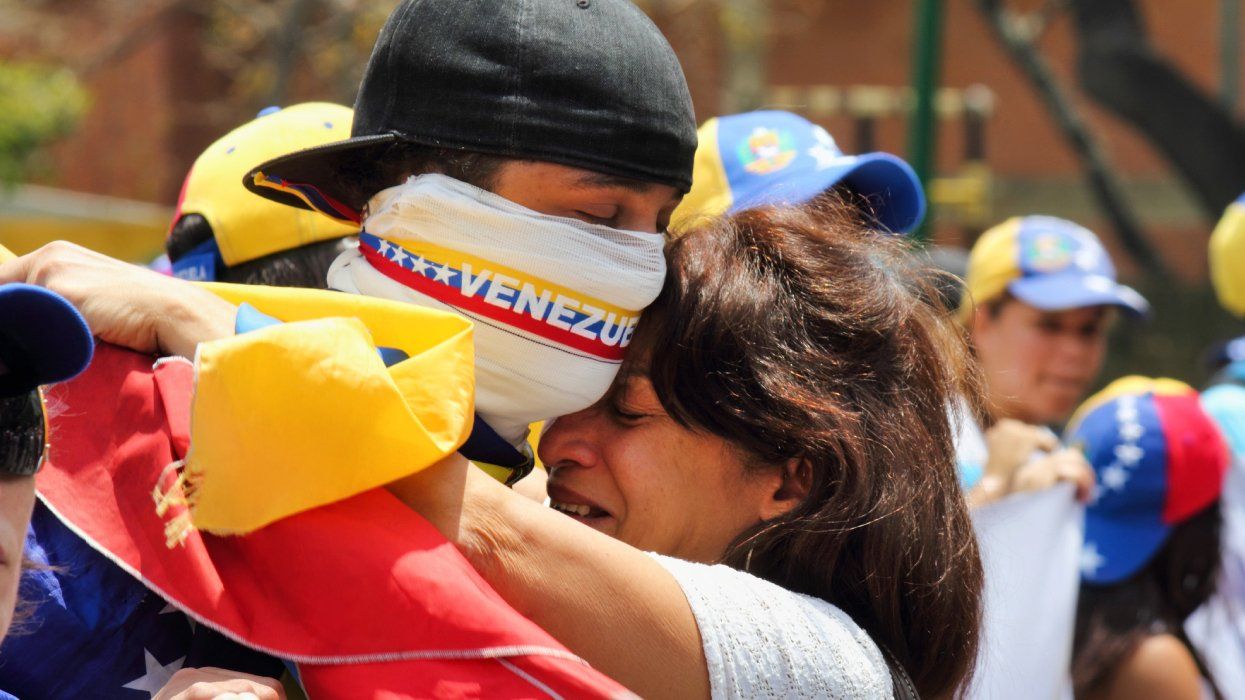
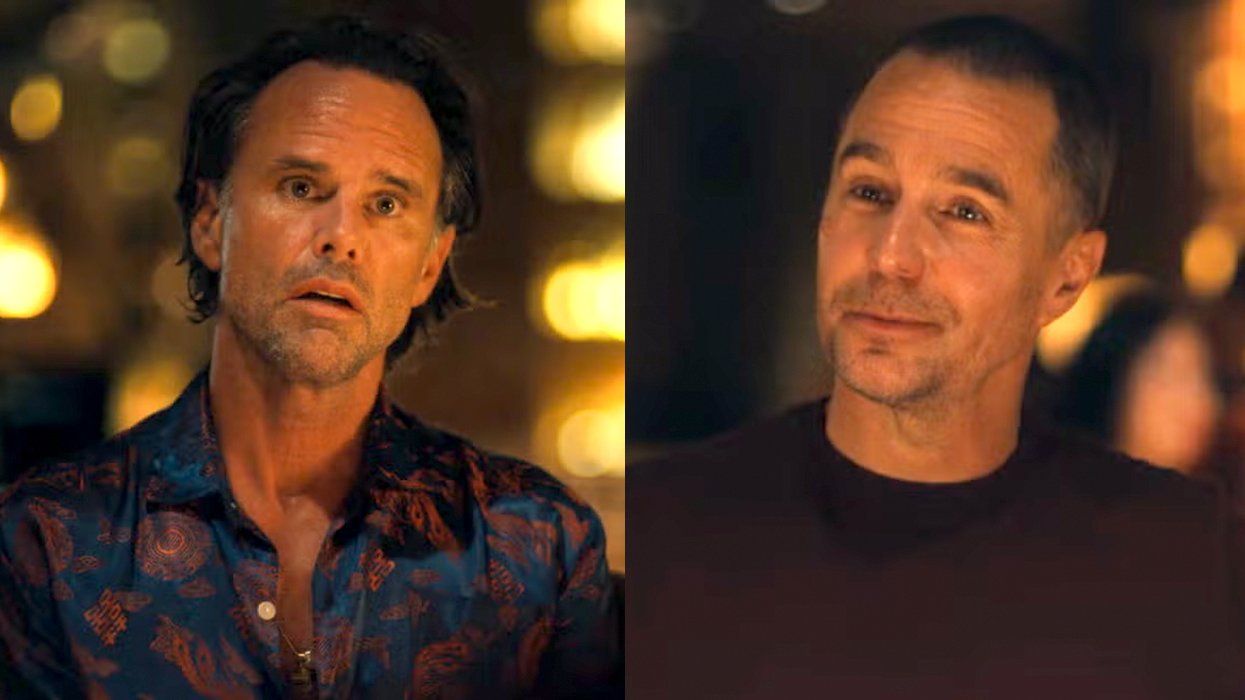

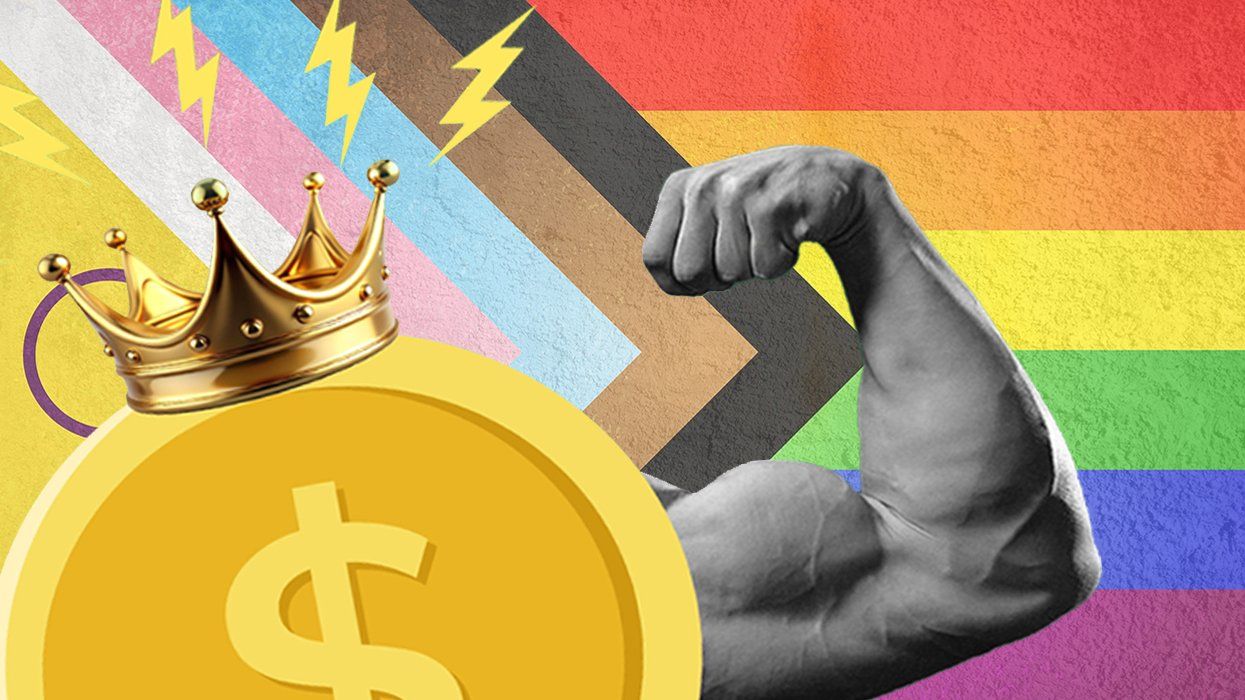



Op-Ed: Why the Supreme Court Case on Abortion Access Is a Queer Issue
"I urge you not to forget about folks like me and the many other people — not just women — for whom abortion has either been a lifeline or remains entirely out of reach. Fight for all of us."